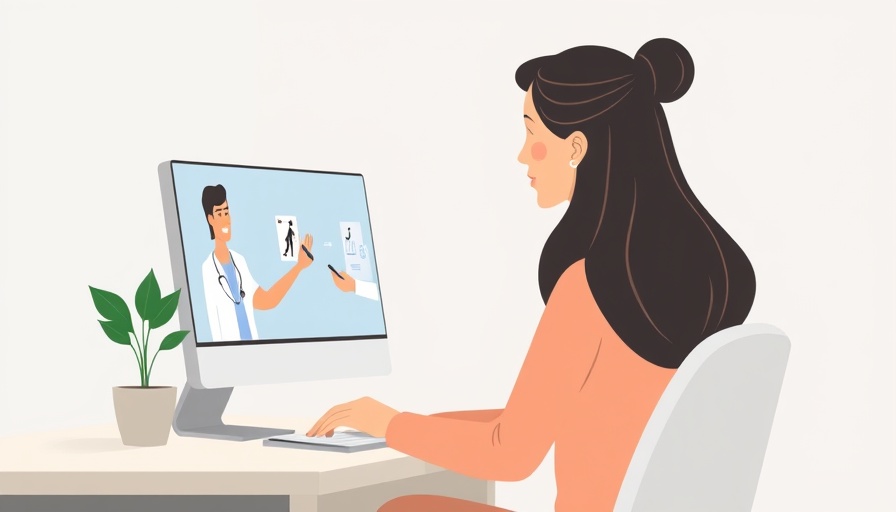
Are Chatbots the Future of Health Advice?
As healthcare systems across the globe become increasingly strained, many individuals are turning to AI-powered chatbots for medical advice. Recent surveys show that approximately one in six American adults utilizes these tech tools at least monthly for health-related inquiries. While the convenience of chatbots like ChatGPT makes them an appealing choice, a new study led by researchers at the Oxford Internet Institute has raised serious concerns regarding their reliability.
The Study's Findings on AI and Health
The Oxford study involved around 1,300 participants who were faced with medical scenarios crafted by medical professionals. The study aimed to evaluate the effectiveness of chatbots in assisting users compared to traditional methods such as self-searching online or consulting peers. Ultimately, the findings revealed a concerning two-way communication breakdown between users and chatbots.
Adam Mahdi, director of graduate studies at the Oxford Internet Institute and a co-author of the study, emphasized the critical shortcomings noted in the research. "Those using chatbots didn’t make better decisions than participants who relied on traditional methods," he explained. As the participants interacted with the chatbots, they often under-identified potential health conditions and underestimated the severity of issues presented in scenarios.
Challenges in User Interaction
One key issue discovered was the users' inconsistency in providing essential information to the chatbots. The participants frequently omitted vital health details in their queries, leading to misunderstanding and inaccurate answers. Many reported that responses from the chatbots combined valuable insights with inaccurate or ambiguous recommendations, not fully equipping users to make informed decisions regarding their health.
Tech Trends in Health AI
Despite the challenges posed by chatbots, tech companies remain optimistic about AI's potential to improve health outcomes. For instance, Apple is developing AI tools for personalized advice related to diet and exercise, while Microsoft collaborates on AI systems to manage patient communications with care providers. As health tech advances, the aim is to leverage AI's capabilities while addressing the significant concerns highlighted in the Oxford study.
The Diverging Opinions on AI in Healthcare
The introduction of AI technology in healthcare has garnered mixed reactions from both professionals and patients. Many healthcare providers are cautious, especially concerning high-risk health applications, as evidenced by recommendations from the American Medical Association against relying solely on AI for critical health decisions. On the other hand, patients often find immediate relief in access to quick health advice through chatbots, presenting a dichotomy between the desire for efficiency and the need for accuracy.
What This Means for Users and Healthcare
The dialogue surrounding AI healthcare tools demands attention from all stakeholders involved—from developers to consumers. Users must understand that while chatbots can provide speedy information, their limitations can lead to misdiagnoses or misinterpretation of health conditions. Therefore, individuals need to adopt a cautious approach when interacting with AI, viewing these tools as supplementary rather than replacements for professional medical advice.
Conclusion: A Call for Caution and Improvement
As we continue to embrace emerging technologies in the healthcare sector, it’s crucial to critically evaluate the information provided by AI tools. While the convenience of chatbots is undeniable, their reliability remains a contentious issue that must be addressed. Industry leaders and developers must innovate responsibly, ensuring that the human experience is not eclipsed by technology's limitations.
 Add Row
Add Row  Add
Add 



Write A Comment